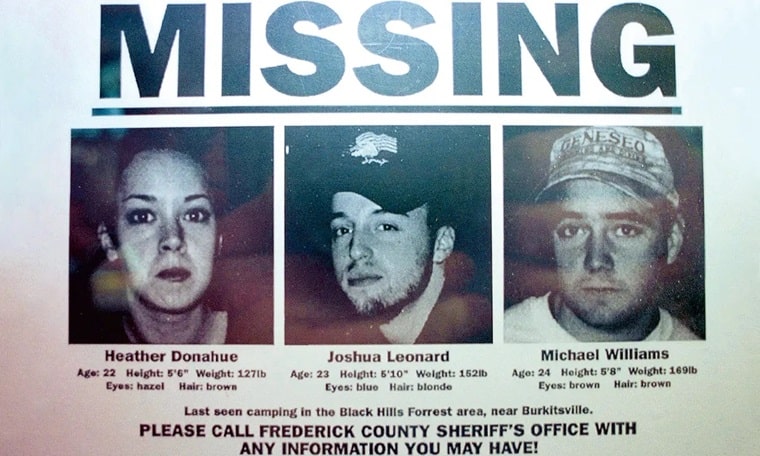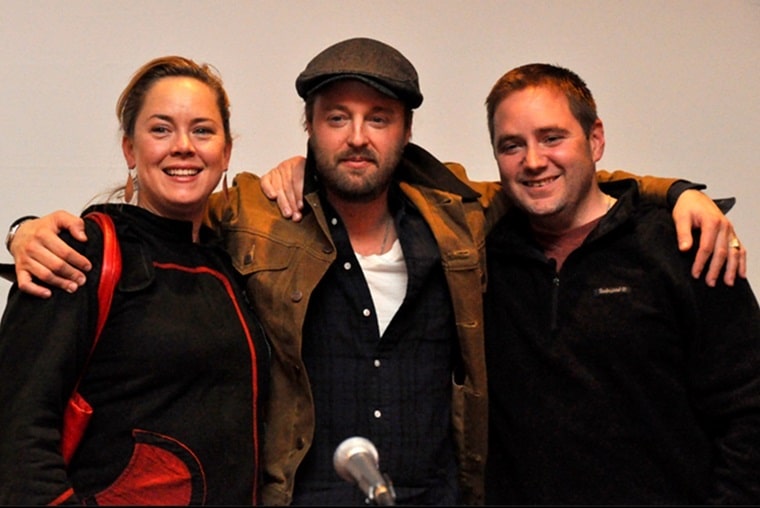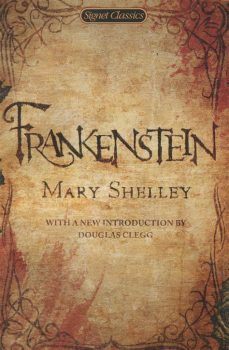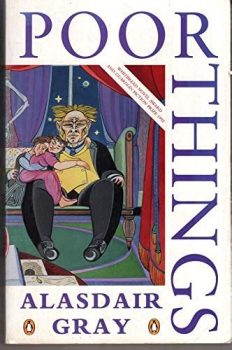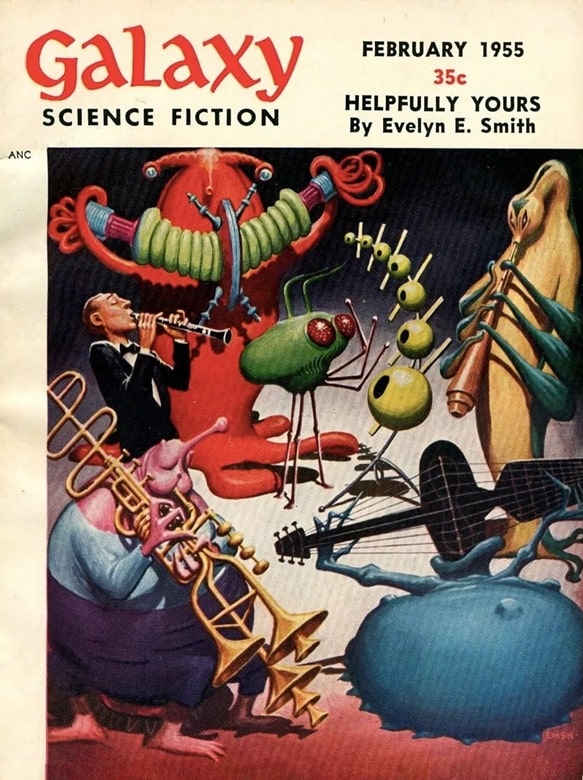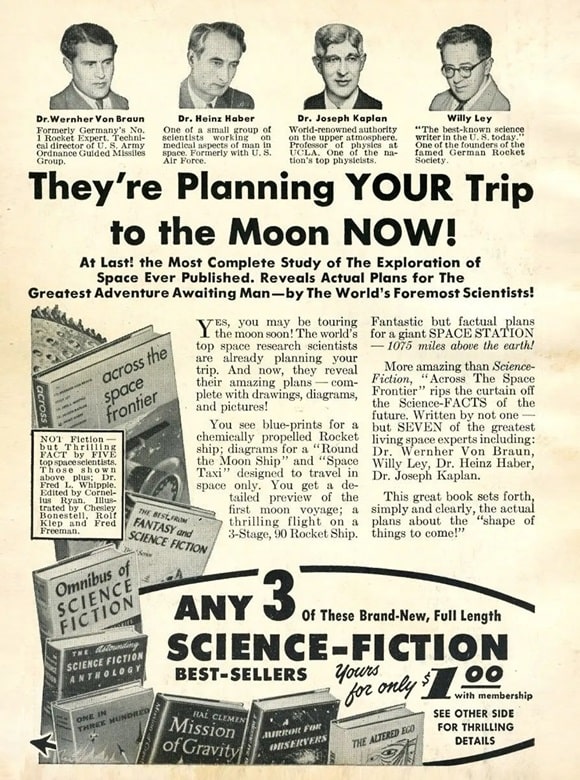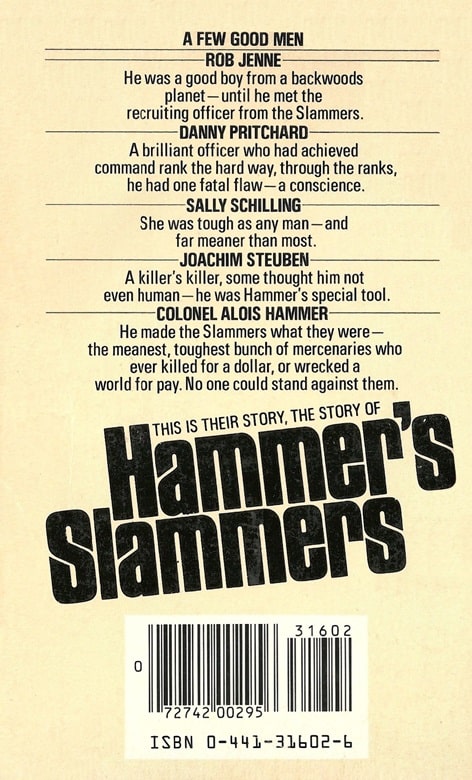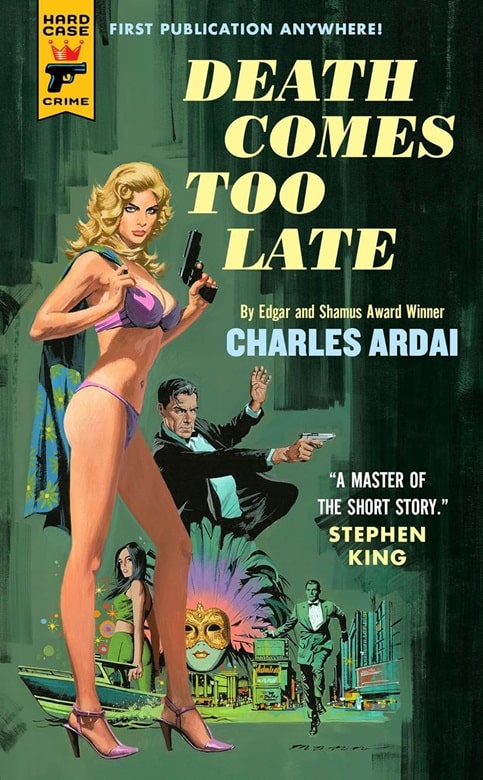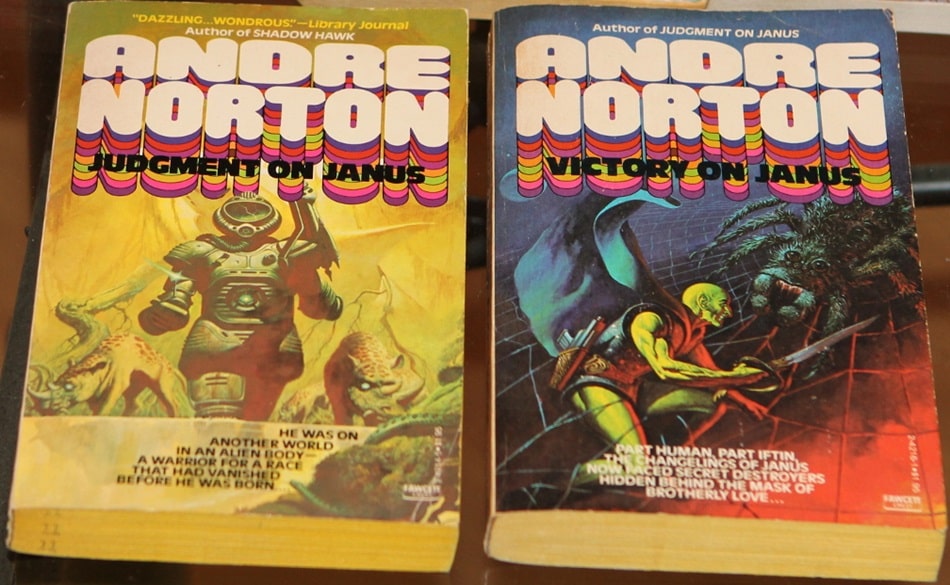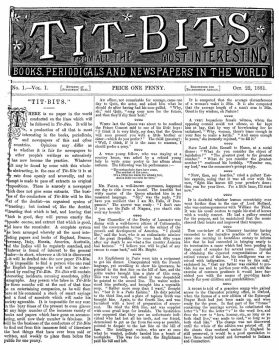 This essay precedes the two prior ones in our series, having appeared in Tit-Bits in December of 1900. The aptly named Tit-Bits was a potpourri of ‘stuff’ which was published by George Newnes, who also owned The Strand.
This essay precedes the two prior ones in our series, having appeared in Tit-Bits in December of 1900. The aptly named Tit-Bits was a potpourri of ‘stuff’ which was published by George Newnes, who also owned The Strand.
Wanting to make a big to-do about their thousandth issue, Newnes used his unique position to secure an ‘interview’ essay written by the publicity-shy Doyle. Holmes had gone over The Reichenbach Falls and Doyle was resisting pressure to bring him back.
To interview Dr Conan Doyle, the creator of Sherlock Holmes, is not an easy matter. Dr. Doyle has a strong objection to the interview, even though he has no personal antipathy to the interviewer. Considerations, however, of his long and friendly relationship with the firm of George Newnes Ltd, in the pages of whose popular and universally read Strand Magazine Sherlock Holmes lived, and had his being, overcame Dr. Doyle’s reluctance to be interviewed, and he consented to give the following particulars, which will be read with interest by his admirers all over the world.
It’s Elementary – Man, that is one serious run-on sentence above!
“Before I tell you of Sherlock Holmes’ death and how it came about, it will probably be interesting to recall the circumstances of his birth.”
So does Arthur Conan Doyle open this essay, seven years after readers had been shocked by “The Final Problem.” He reminds the reader it began with A Study in Scarlet, with Holmes suggested from “a professor under whom I had worked at Edinburgh, and in part by Edgar Allen Poe’s detective, which, after all, ran on the lines of all other detectives who have appeared in literature.”
It’s Elementary – It’s interesting to me that Doyle does not name Dr. Joseph Bell here, though that’s clearly who he is referencing. He cites Poe’s Dupin as an influence. That was mentioned in the first essay, The Truth About Sherlock Holmes. And that’s a main item in next weeks’ post, The Case of the Inferior Sleuth.
…
Read More Read More

